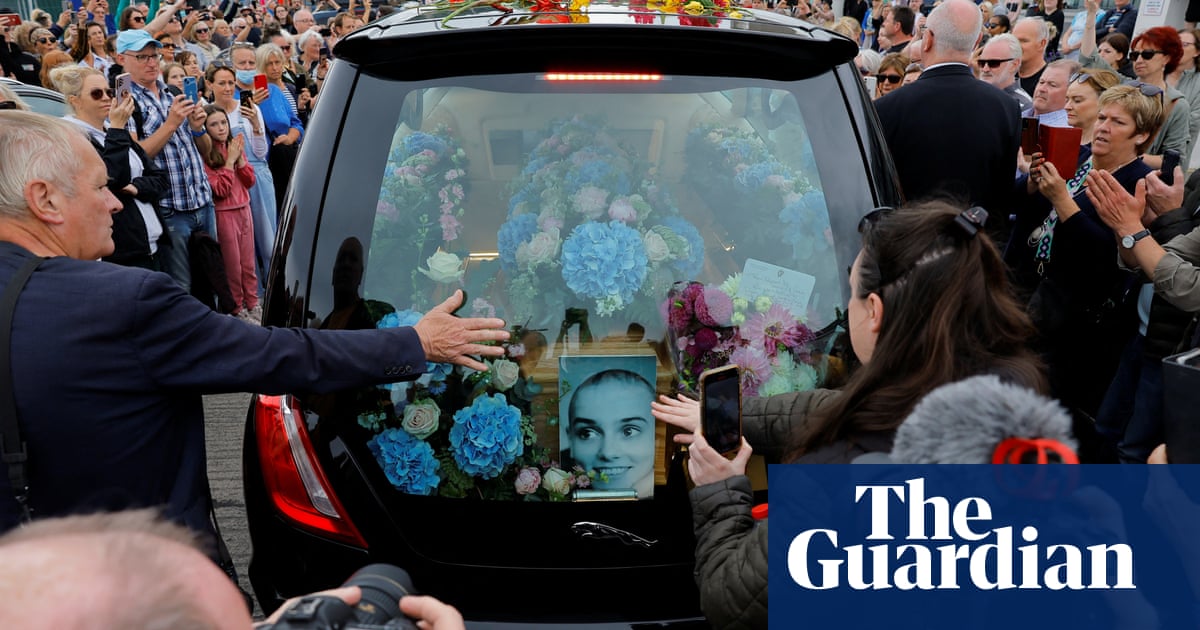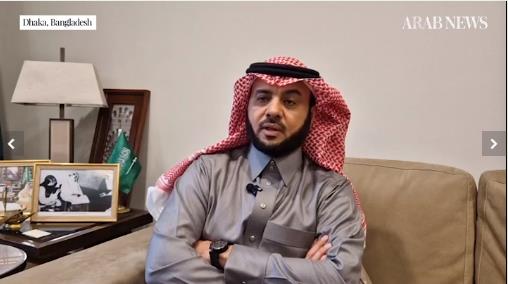
Dr. Hani Al-Johani landed there in 2010 on KSA’s scholarship to specialize in neurosurgery
PARIS: In the middle of the coronavirus crisis, Dr. Hani Al-Johani, a Saudi brain and neurosurgeon at Colmar Hospital in eastern France, successfully operated on a young Kuwaiti woman to remove a large brain tumor.
The town of Colmar and nearby city of Strasbourg in eastern France have been hit particularly hard by the virus. Al-Johani said he is proud that despite the problems caused by this he was able to get the woman, who is in her 30s, admitted to the hospital.
It came after he received a call from her parents in Paris asking for help when a scheduled surgery at a hospital in the city was canceled because the surgeon could not guarantee there would be a place available in intensive care after the operation.
“The Kuwaiti medical attache contacted several hospitals to request that they perform the surgery,” said Al-Johani. “No one, however, was willing to accept her at that critical time even though her condition was going from bad to worse. I was called for my opinion and I told them that the operation was urgent and could not be postponed because the tumor was causing pressure on the brain.
“When her parents called me, I told them it would not be easy to admit her to Colmar Hospital because the area had been devastated due to the COVID-19 crisis, and as I was not a professor I did not have the leverage to get her into the hospital.”
Nevertheless, he approached the hospital management, with whom he has a good relationship. They told him it was impossible to operate on the woman, given the health crisis.
“Nonetheless, I went to the hospital management every day for two weeks, and I am very proud of that,” he said. “Of course, I am also proud of the success of the operation but what I am most proud of is my persistence for two weeks. I never gave up and the administration eventually agreed.
BACKGROUND
Having gained a third specialty, in neuro-oncology, he is now, during his final year in France before returning home, specializing in cerebrovascular diseases.
“I had to accept responsibility for getting her in and performing the surgery, knowing that there was no guarantee of a vacant room to move her to after the operation. However, I felt sure that things would go well.”
Al-Johani, a faculty member of Al-Qassim University, arrived in France in 2010 on a Saudi government scholarship to specialize in neurosurgery.
After completing his medical fellowship at Strasbourg University Hospital, he moved to Colmar hospital where he studied spinal surgery. He then gained a third specialty, in neuro-oncology, and is now, during his final year in France before returning to Saudi Arabia, specializing in cerebrovascular diseases.
However, in 2017 he ran into a problem after completing a French medical fellowship in neurosurgery at Colmar Hospital. At the time, non-French surgeons were unable to continue working after completing a fellowship because membership of the French National Order of Doctors is required to do so, and foreign doctors could not apply.
“I was the first Saudi doctor allowed to join the order and it was because of an official at the French Foreign Ministry, Guillaume Huart, who is in charge of the Middle East health sector,” said Al-Johani.
“I met him at the Saudi mission and I asked him why I could not continue working like my French colleagues. I had received a diploma from a French university like any French national. Does France not benefit from non-French doctors and their specialties, I asked? I also asked him if the diploma was fake or if the French simply did not like foreigners.” Huart decided to find out more about the Saudi surgeon and contacted Colmar Hospital.
“He spoke to Robin Srour, the head of the Department of Surgery and one of the most famous Lebanese-origin surgeons in France,” said Al-Johani. “He treated me like a son and I studied under him; in fact, he used to refer his private patients to me when I was still in my fellowship period.” After learning this, Huart agreed to lobby on Al-Johani’s behalf, and at the end of 2017 he was allowed to join the National Order of Doctors.
“According to the correspondence Huart sent to me, I was the first Saudi and non-French doctor to join the Order,” he said. “Since then, I have operated on many Saudis, Emiratis and Kuwaitis.”
Al-Johani said he chose to study in France in the first place because he had spent three years studying in the United States, loves change and wanted a new experience. He ranks France as one of the best countries in the world for medicine and said he has benefited immeasurably from his time studying and working there.










